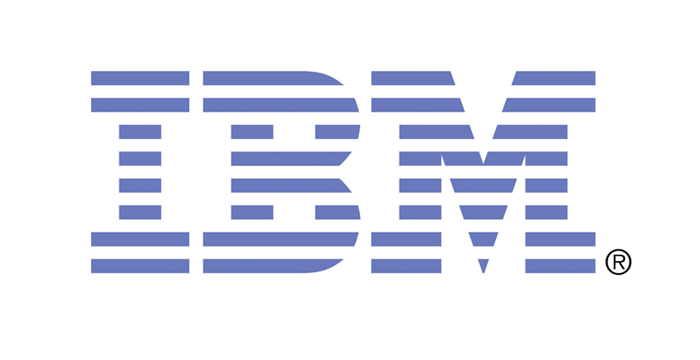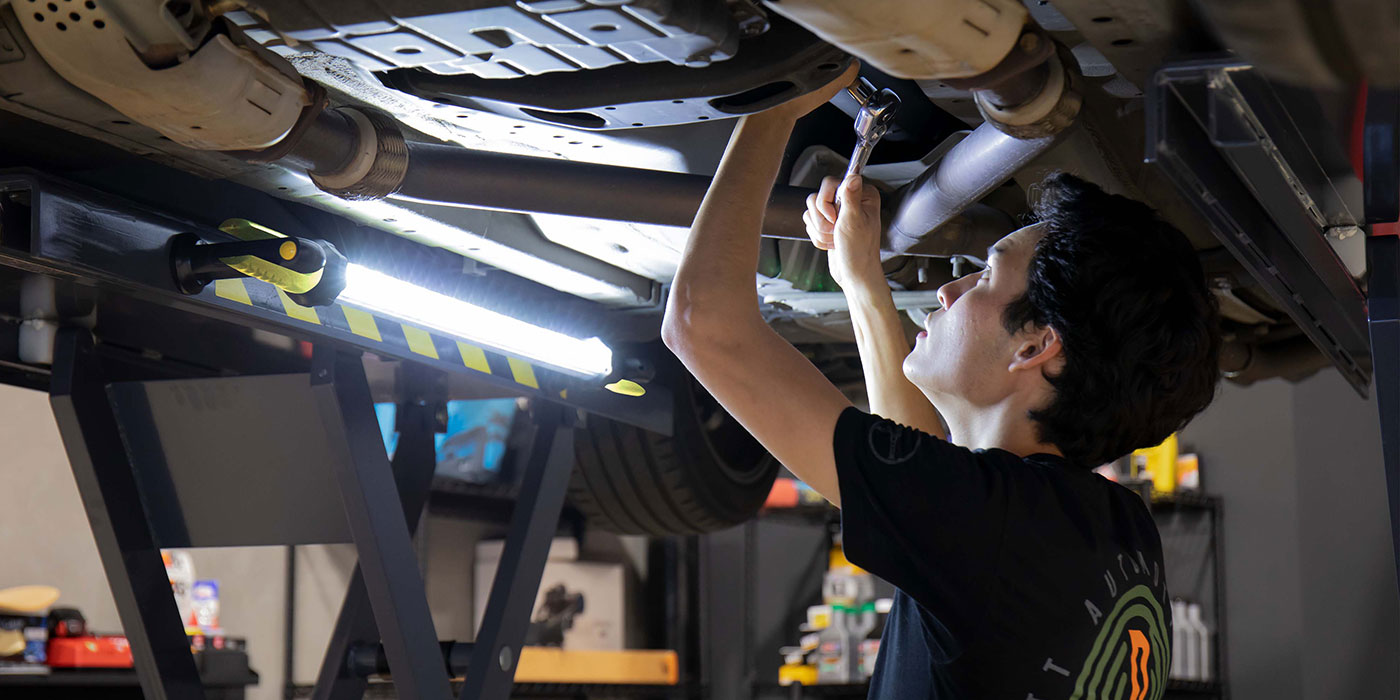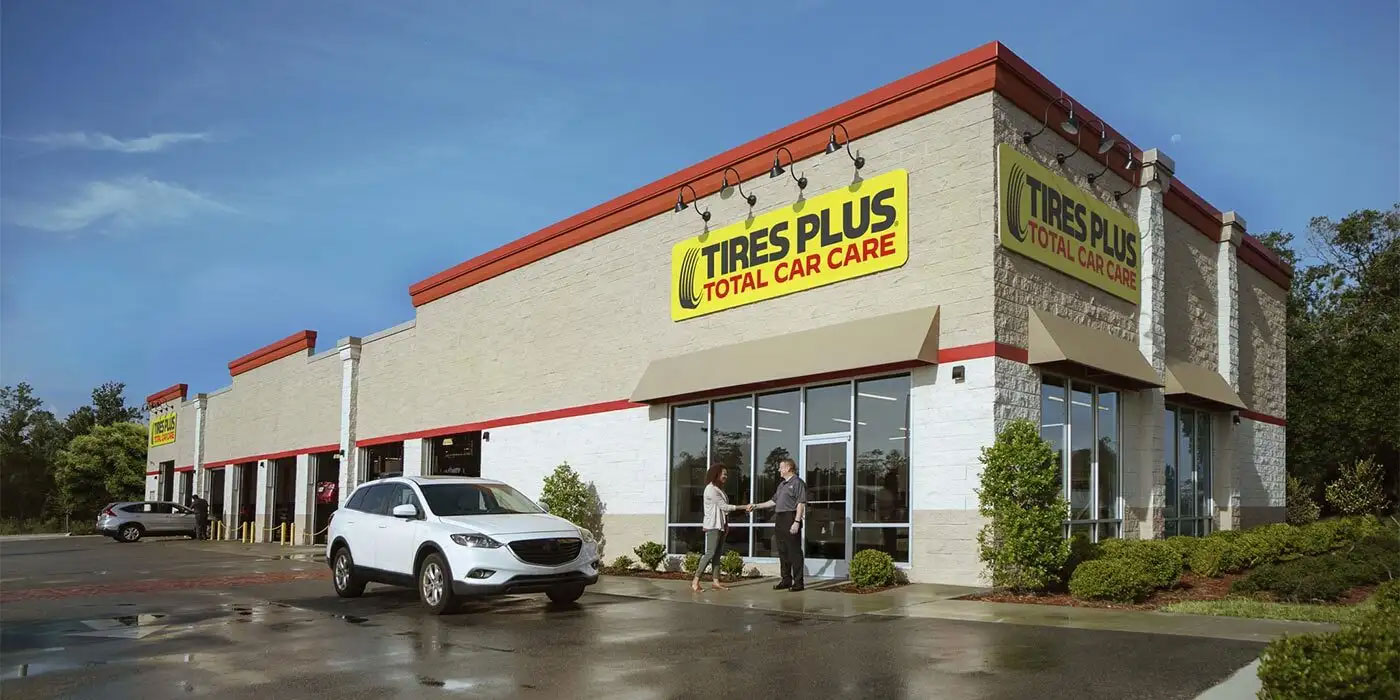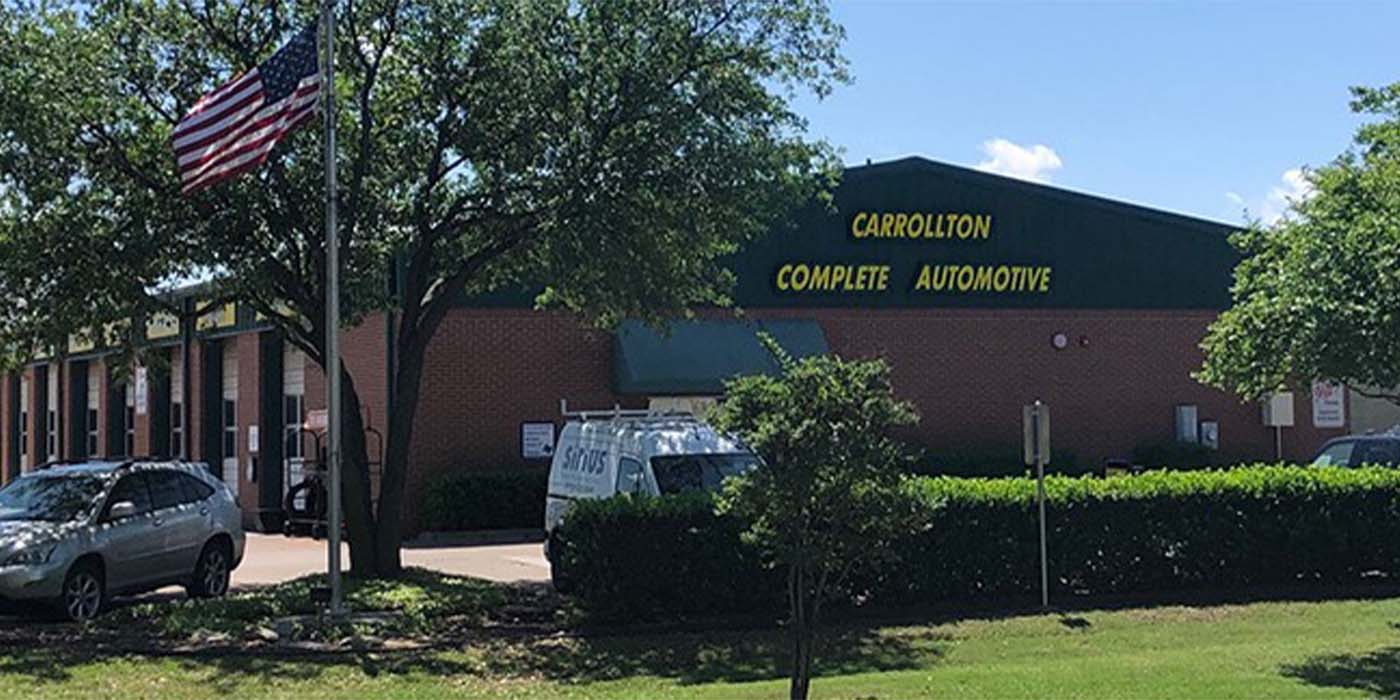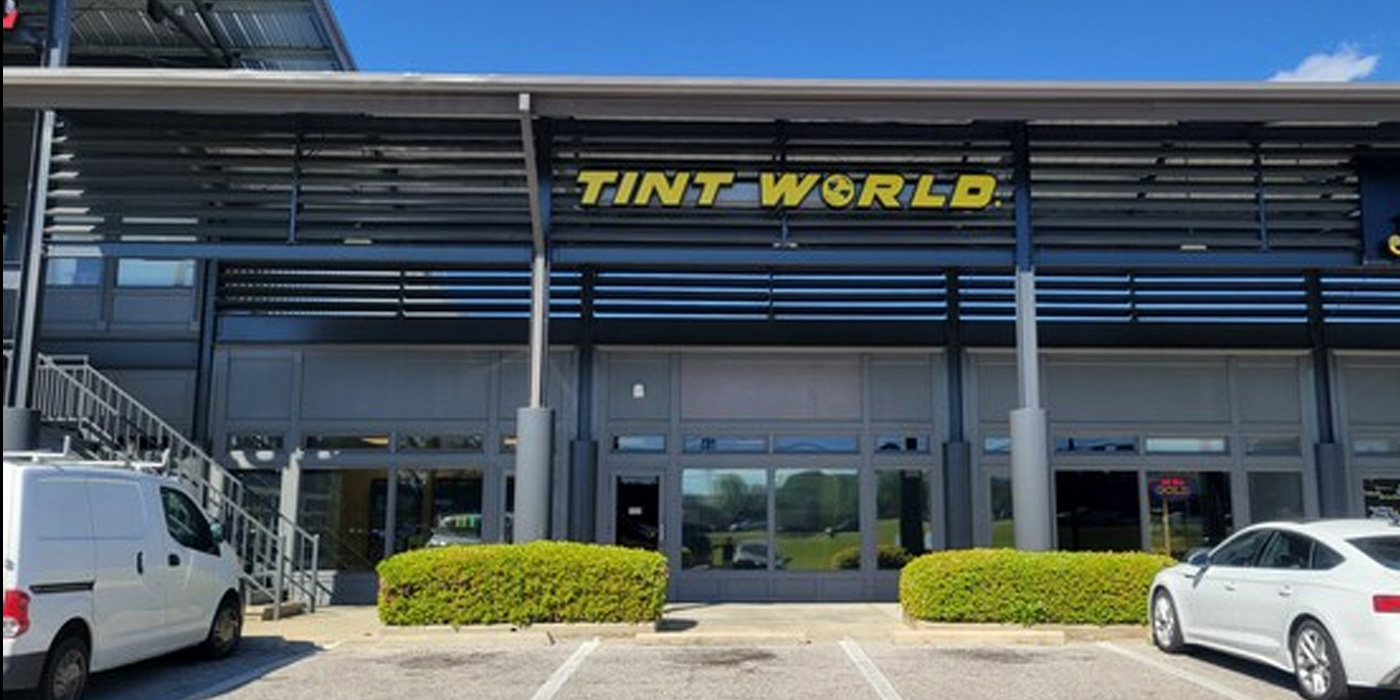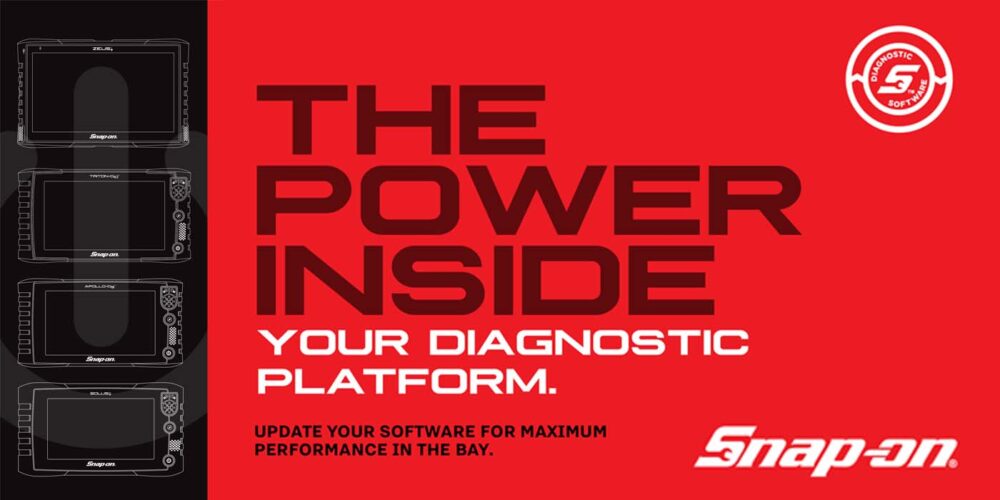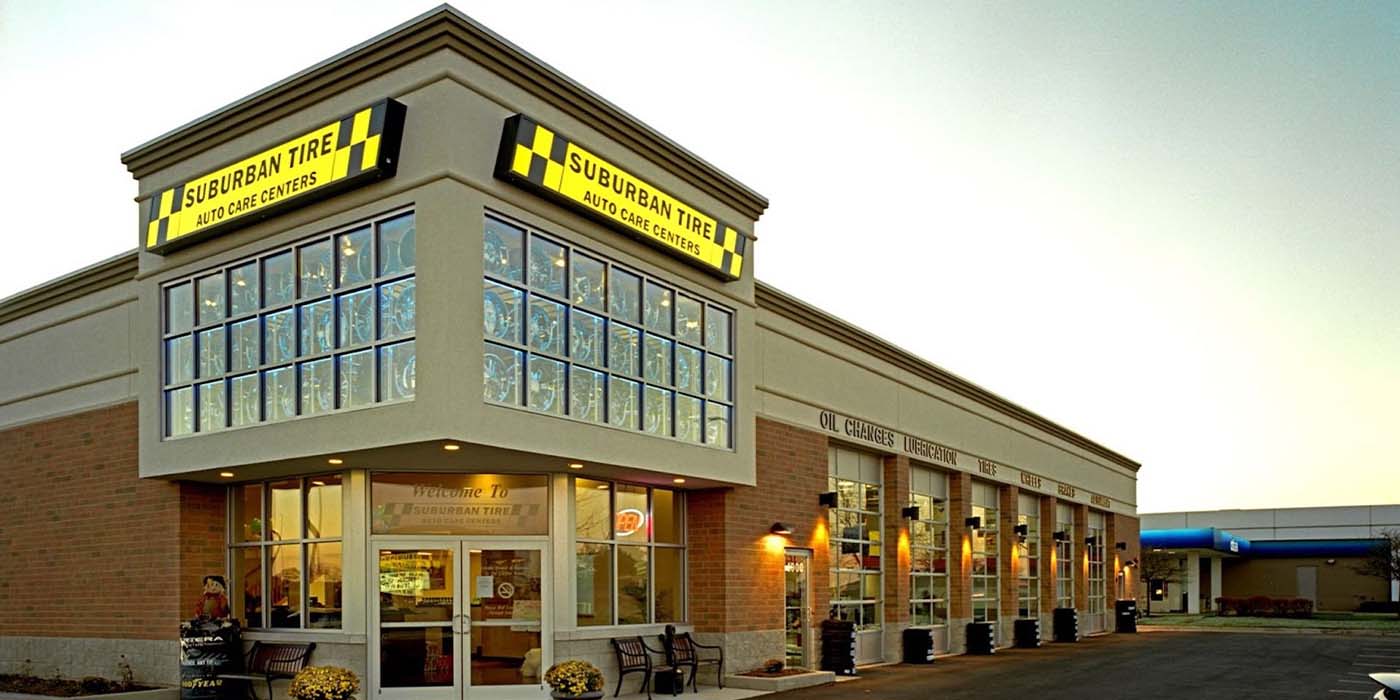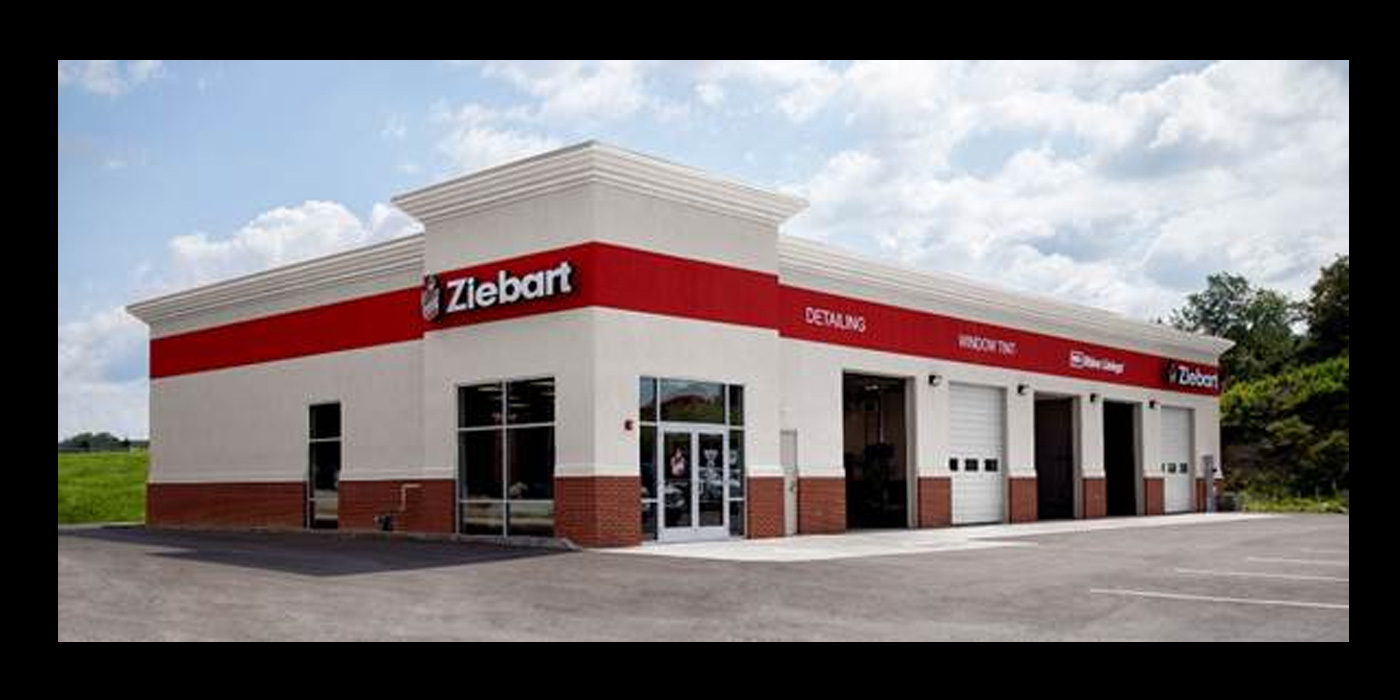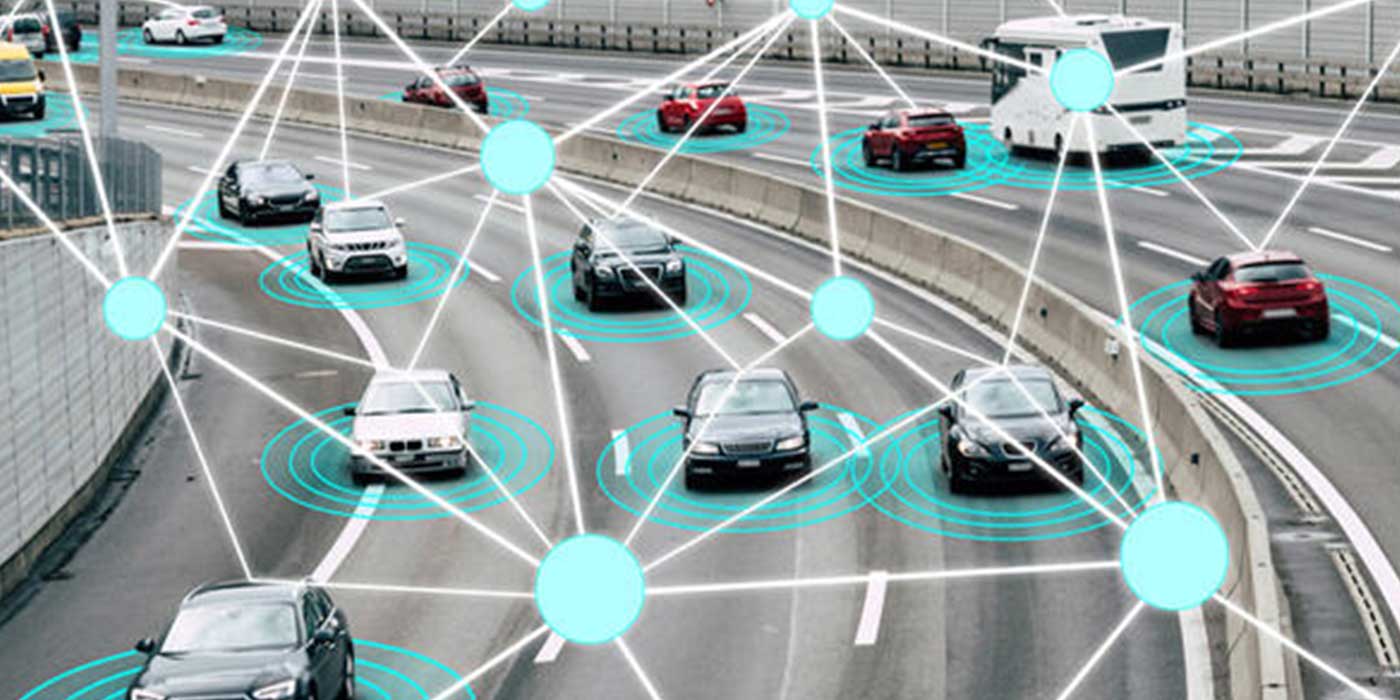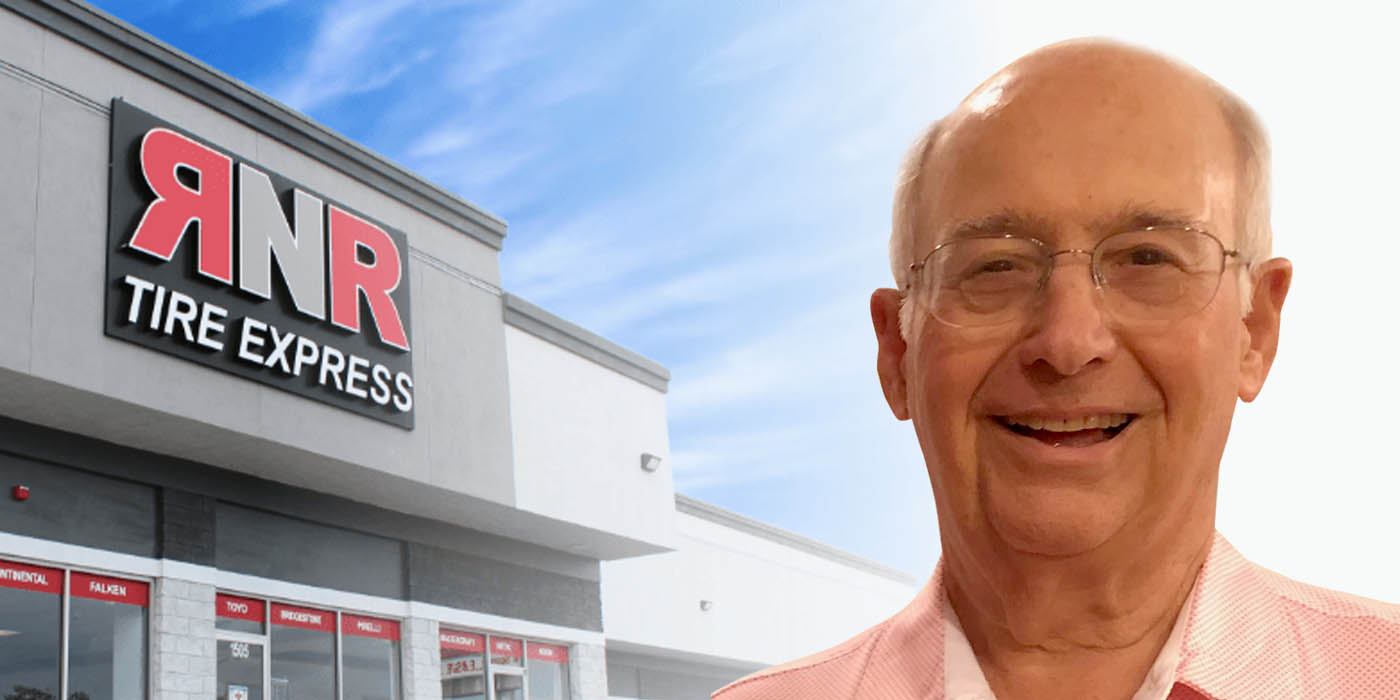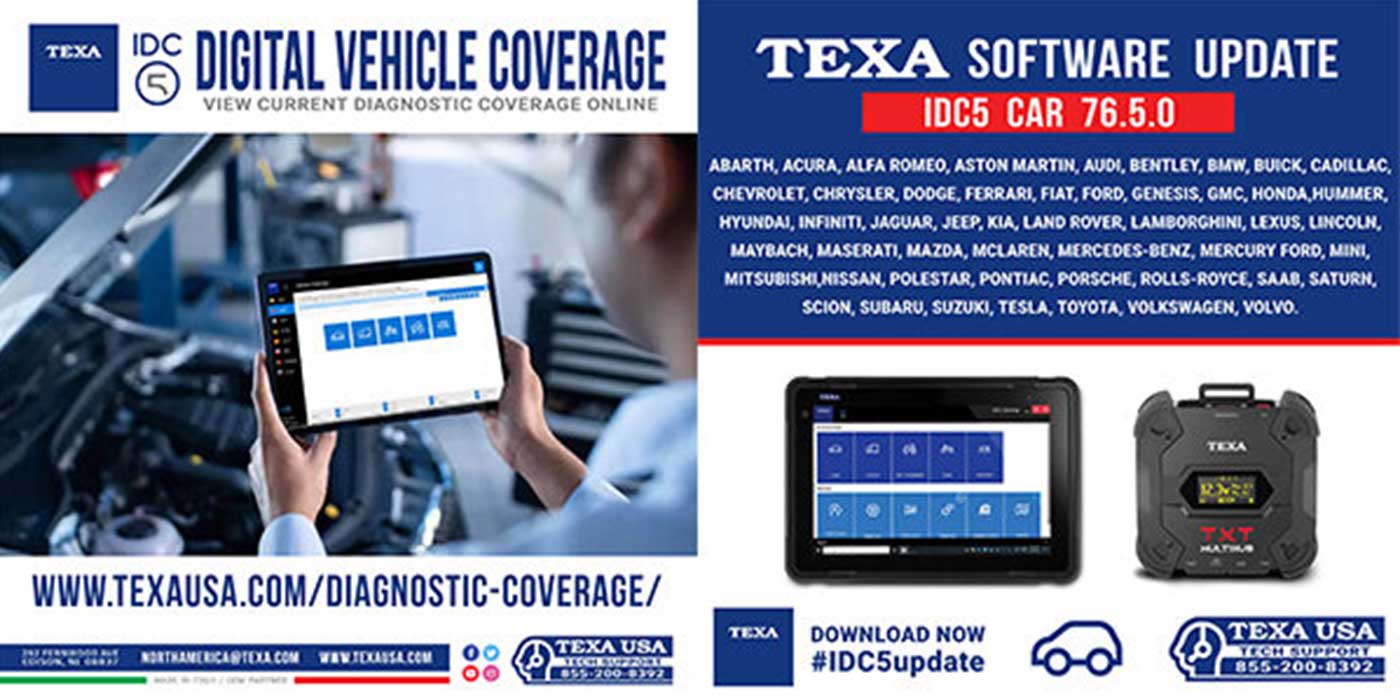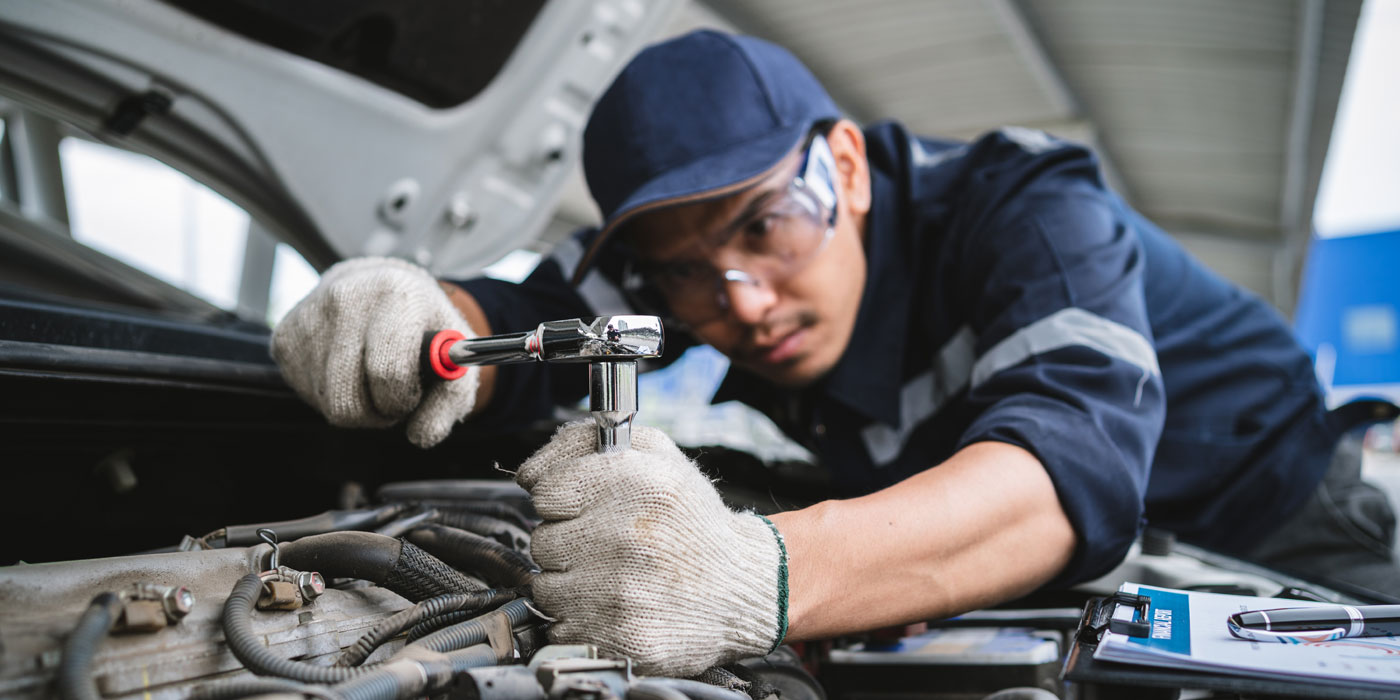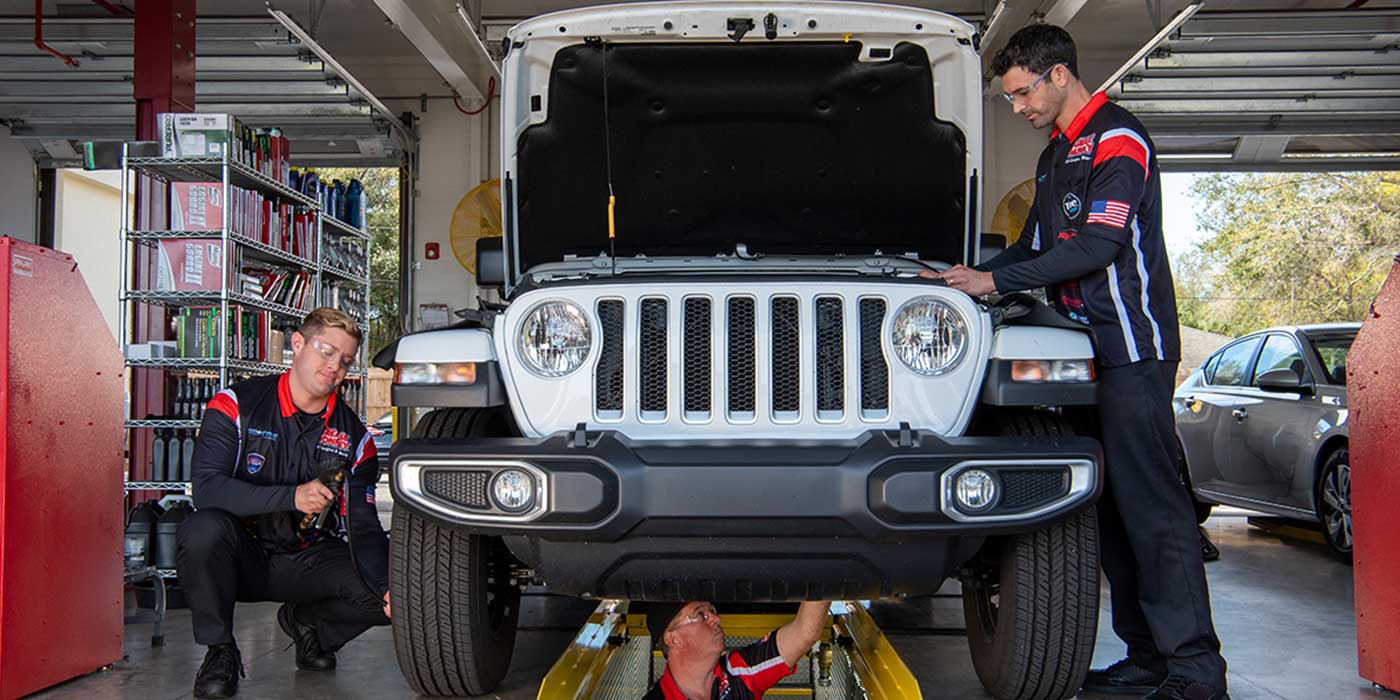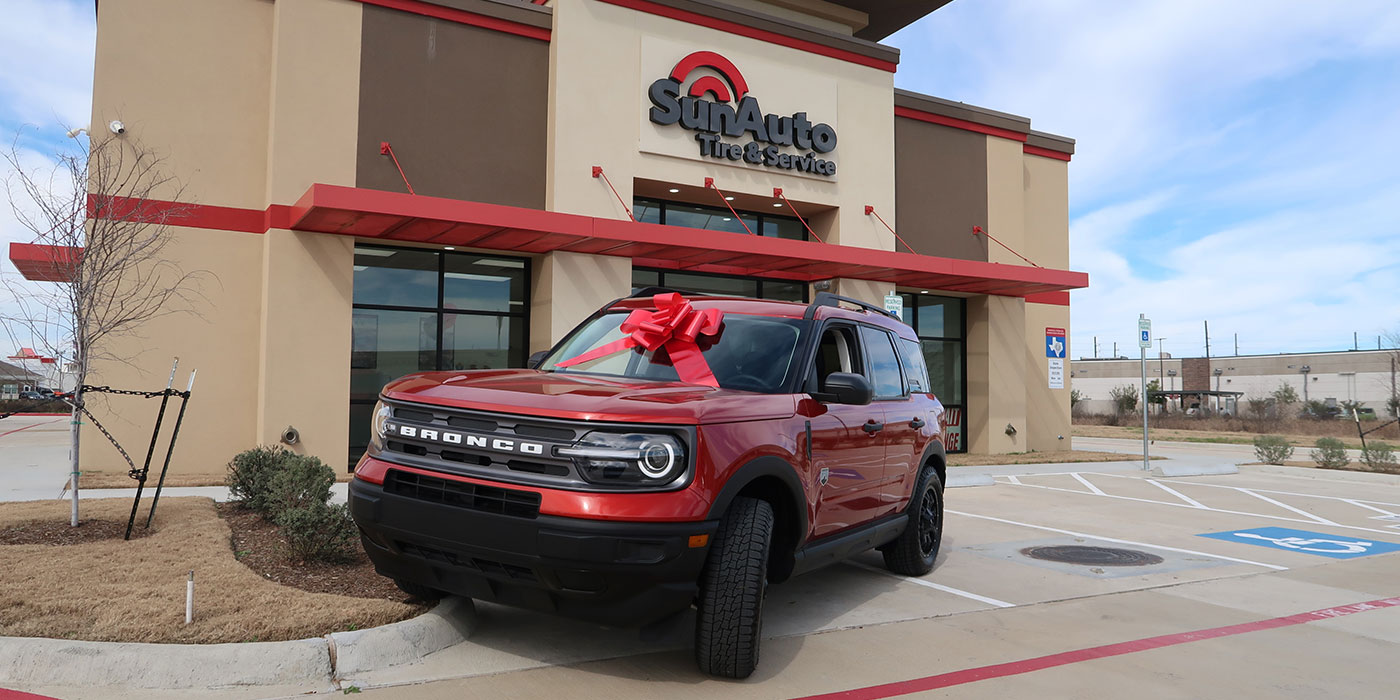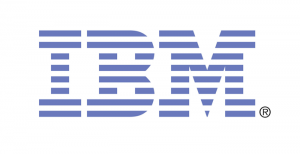 Consumers expect to use cars differently – showing particular interest in self-enabling vehicles – though they don’t necessarily want to own one in the traditional sense, according to the results of IBM’s automotive consumer study. This presents opportunities for automakers to apply analytics and cognitive capabilities to develop new vehicle options.
Consumers expect to use cars differently – showing particular interest in self-enabling vehicles – though they don’t necessarily want to own one in the traditional sense, according to the results of IBM’s automotive consumer study. This presents opportunities for automakers to apply analytics and cognitive capabilities to develop new vehicle options.
For the second part of its “Auto 2025” series, IBM interviewed more than 16,000 consumers globally to determine how they expect to use vehicles in the next 10 years. “A New Relationship – People and Cars,” developed by the IBM Institute for Business Value (IBV), reports that consumers show a high level of interest in self-enabling vehicles, or cars that can learn, heal, drive and socialize. These capabilities include autonomous, self-driving cars, vehicles that can be fixed without human intervention and the implementation of cognitive computing to learn and assimilate to the driver’s behaviors, the vehicle itself and the surrounding environment.
According to IBM, consumers who participated in the study indicated that they were very interested in all aspects of self-enabling vehicles, but diagnostics and preventive capabilities rated highest (59 percent), with 10 out of 16 countries placing it as the highest priority. Through the continually expanding landscape of sensors and cognitive computing, manufacturers will be able to better understand the vehicle’s issues, develop technology and recommend solutions, often times, without the driver bringing the vehicle in for servicing.
“Today’s vehicles have transformed from a mode of transportation, into a mobile data center with onboard sensors and computers that capture volumes of information about the vehicle and its surroundings,” said Alexander Scheidt, Global Automotive Industry leader, IBM Global Business Services. “Successful automakers will recognize the opportunity to accommodate for this disruption by offering the digital experiences and services that consumers desire.”
Consumers Demand More Options Beyond Traditional Ownership
The personal car will continue to be a primary mode of transportation, as its convenience remains very attractive to consumers. However, there is a shift underway in what it means to own a vehicle. Of those surveyed, 42 percent would consider alternative ownership modes such as subscription pricing, while another 24 percent of respondents were very interested in fractional ownership of vehicles.
Thirty-nine percent of consumers said they would consider a car-sharing model and 36 percent surveyed would choose the on-demand ride sharing option. Options for car sharing, on-demand ride sharing and peer-to-peer rental not only give consumers the convenience of using a car without owning, but also give car owners the opportunity to receive a return on investment on their underutilized auto. To compensate for consumer shifts in vehicle usage, automakers will need to develop new ownership models that meet consumer expectations and create alternative revenue-streams, according to IBM.
While globally 67 percent of those surveyed agreed it is still important to buy a vehicle in person from a dealership, OEMs and online brokers are empowering consumers to make smarter purchasing decisions. Forty-six percent of consumers said they would be very interested in purchasing online from an OEM and 38 percent would purchase online from third-party broker, if offered. To remain a trusted source in the retail chain, the study recommends automakers transform the buying experience with analytics and social media analysis to create more highly personalized interactions with potential customers.
Consumers Expect To Play An Expanded Role In Design
The consumer study concludes that the next phase of the automotive industry will be a very inclusive relationship between automakers and their customers. Both automakers and consumers express a greater desire for early collaboration in the design of new products and services.
Survey respondents showed a high interest in crowd sourcing ideas online and participating in design games and contests. Some 37 percent indicated they would be willing to have their driving and mobility data used to help in the design of new vehicles. By installing sensors and enabling cognitive computing, OEMs will be able to better understand consumer issues, make recommendations and offer help without the driver bringing the car in for service.
“The ease with which ideas can be generated and shared digitally and socially is compelling consumers to take on a greater role in shaping the vehicle of the future and creating a more personal and customized driving experience that is an extension of their digital lives,” said Scheidt. “The automotive industry will benefit greatly from assessing the digital mobility interests of the different consumer groups it wants to target and then providing the right channels to engage.”
Get access the full study findings at www.ibm.biz/autoconsumer.

